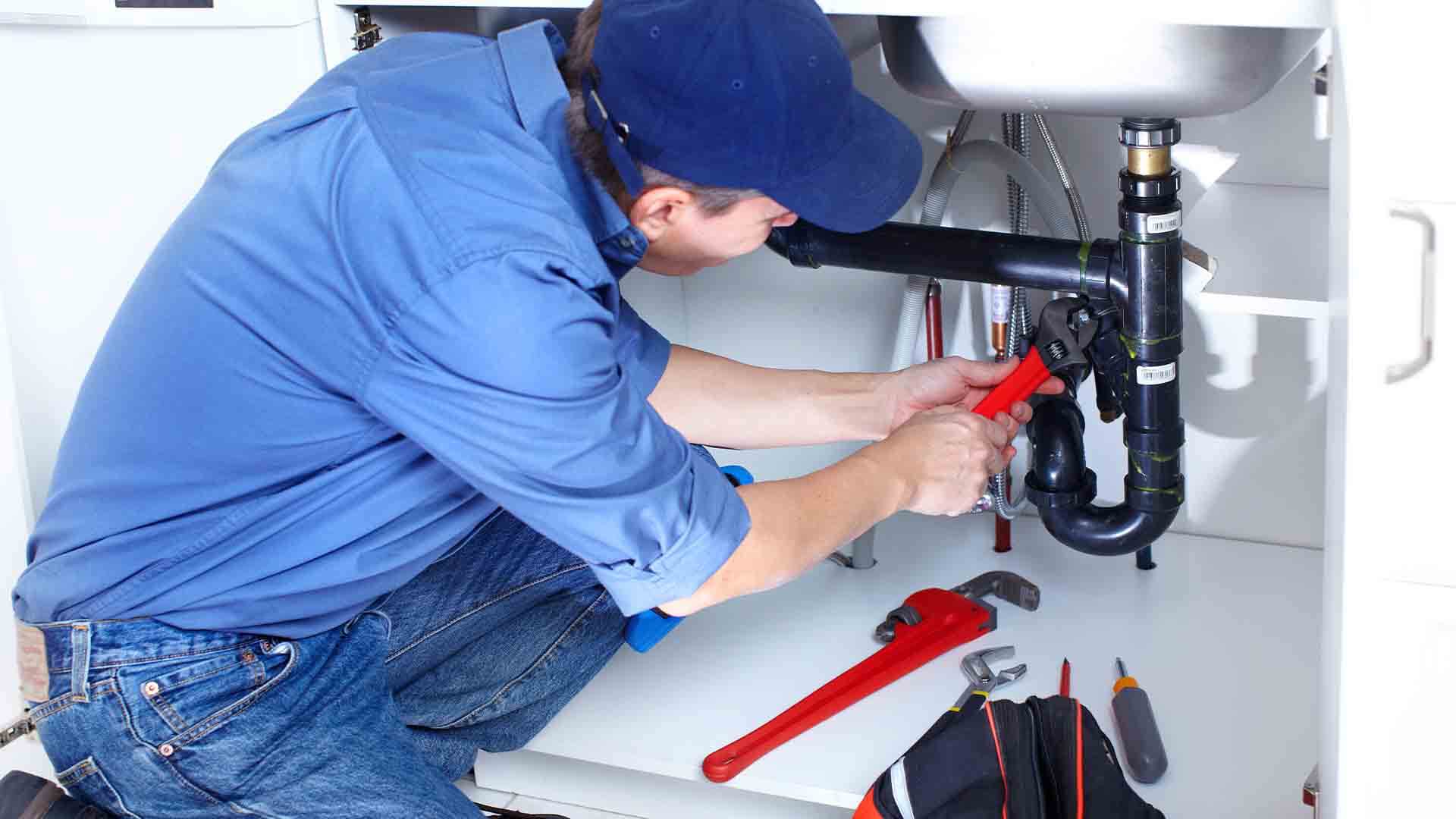

Articles
How Do I Get My Journeyman Plumbing License
Modified: January 23, 2024
Find articles and resources to help you on your journey to obtaining your journeyman plumbing license. Learn about the requirements, study tips, and more.
(Many of the links in this article redirect to a specific reviewed product. Your purchase of these products through affiliate links helps to generate commission for Storables.com, at no extra cost. Learn more)
Introduction
Are you passionate about plumbing and ready to take your skills to the next level? If so, obtaining a journeyman plumbing license is an important step in your career. Becoming a journeyman plumber not only validates your expertise but also opens up greater job opportunities and higher earning potential. In this article, we will guide you through the steps to get your journeyman plumbing license, equipping you with the knowledge needed to embark on this exciting journey.
Obtaining a journeyman plumbing license demonstrates that you have met the required standards of competency and professionalism in the plumbing industry. It signifies that you have the necessary knowledge and skills to work independently under the supervision of a master plumber.
Furthermore, having a journeyman plumbing license sets you apart from unlicensed plumbers and gives you a competitive advantage in the job market. Many states and localities require plumbers to be licensed, and homeowners and businesses prefer hiring licensed professionals for their plumbing needs.
While the requirements for obtaining a journeyman plumbing license may vary depending on your location, there are common steps that you need to follow. These steps typically include meeting the requirements, completing the necessary education and training, gaining hands-on experience, passing an exam, and applying for the license. Let’s explore each of these steps in detail.
Key Takeaways:
- Becoming a licensed journeyman plumber involves meeting requirements, completing education, gaining hands-on experience, passing an exam, and applying for the license. It’s a significant accomplishment that opens up new career opportunities.
- The journey towards obtaining a journeyman plumbing license requires dedication, continuous learning, and practical experience. Once licensed, ongoing professional development is essential for a successful plumbing career.
Steps to Get a Journeyman Plumbing License
Obtaining a journeyman plumbing license requires effort and dedication. Here are the essential steps you need to follow:
- Meet the Requirements: The first step is to ensure that you meet the requirements set by your state or local licensing board. These requirements may include a minimum age, high school diploma or equivalent, and in some cases, a clean criminal record. Familiarize yourself with the specific requirements in your area.
- Complete the Education and Training: To become a journeyman plumber, you need to complete the necessary education and training. This typically involves enrolling in a plumbing apprenticeship program, vocational school, or community college. These programs provide a combination of classroom instruction and hands-on training to develop your plumbing skills and knowledge.
- Gain Sufficient Experience: Building practical experience is crucial to becoming a journeyman plumber. As part of your apprenticeship or vocational training program, you will work under the guidance of experienced plumbers to gain real-world experience. The amount of experience required may vary, but it is typically around 3-5 years.
- Pass the Journeyman Plumbing Exam: Once you have completed the necessary education and gained sufficient experience, you will need to pass the journeyman plumbing exam. This exam tests your understanding of plumbing codes, regulations, safety practices, and various plumbing techniques. It is important to study and prepare thoroughly for the exam to increase your chances of success.
- Apply for a Journeyman Plumbing License: After successfully passing the exam, you can proceed to apply for your journeyman plumbing license. The application process involves submitting the required documents, such as proof of education, experience, and exam results. Pay any applicable fees and follow the instructions provided by your licensing board. Upon approval, you will receive your journeyman plumbing license, allowing you to work independently as a licensed plumber.
It is important to note that the specific steps and requirements may differ depending on your location. Some states may have additional requirements, such as obtaining a certain number of continuing education hours or completing specific certifications. Therefore, it is essential to research and understand the regulations and guidelines set by your state or local licensing board.
Remember, obtaining a journeyman plumbing license is a significant accomplishment in your plumbing career. It demonstrates your level of expertise, professionalism, and commitment to the field. Take the time to prepare, gain experience, and study diligently for the exam to increase your chances of success. Once you have obtained your license, continue to expand your knowledge and skills through ongoing education and staying updated with the latest advancements in the plumbing industry.
Meet the Requirements
The first step in obtaining a journeyman plumbing license is to ensure that you meet the requirements set by your state or local licensing board. These requirements may vary depending on your location, so it is essential to familiarize yourself with the specific criteria.
One common requirement is the minimum age. Most states require individuals to be at least 18 years old to apply for a journeyman plumbing license. This ensures that applicants have reached a certain level of maturity and responsibility before entering the plumbing profession.
In addition to age, you may also need to have a high school diploma or equivalent. This educational requirement ensures that you have a basic level of knowledge and understanding in areas such as mathematics, science, and technical skills necessary for plumbing work.
Furthermore, some jurisdictions may require applicants to pass a background check. This is done to ensure the safety and integrity of the plumbing profession. A clean criminal record is usually a prerequisite for obtaining a journeyman plumbing license.
It is important to note that these requirements serve as a foundation to ensure the competence and credibility of licensed plumbers. By meeting these requirements, you demonstrate your commitment to upholding professional standards and providing quality plumbing services.
To determine the specific requirements in your area, you can visit your state or local licensing board’s website or contact them directly. They will provide you with detailed information regarding the qualifications and paperwork necessary to apply for a journeyman plumbing license.
Before proceeding to the next steps, take the time to review and gather the necessary documents needed to meet the requirements. Having all the required paperwork and meeting the eligibility criteria will help streamline the application process and expedite the journey towards becoming a licensed journeyman plumber.
Complete the Education and Training
Completing the necessary education and training is a vital step on the journey to becoming a licensed journeyman plumber. This step equips you with the fundamental knowledge, skills, and techniques required to excel in the plumbing industry.
There are various educational pathways you can pursue to fulfill this requirement. One popular option is to enroll in a plumbing apprenticeship program. Apprenticeship programs typically combine classroom instruction with on-the-job training under the guidance of experienced plumbers. These programs offer a comprehensive curriculum that covers plumbing theory, code regulations, safety practices, and practical skills development.
Another option is to attend a vocational school or community college that offers plumbing programs. These programs provide focused instruction in plumbing fundamentals, pipefitting, blueprint reading, and other relevant subjects. They may also include hands-on training in plumbing techniques and the use of plumbing tools and equipment.
The duration of these educational programs can vary. Apprenticeship programs typically last around 4-5 years, while vocational school or community college programs may be shorter, ranging from a few months to a couple of years. It is important to research and choose a reputable program that meets the requirements and standards set by your state or local licensing board.
During your education and training, you will learn about various aspects of plumbing, including:
- Plumbing codes and regulations: Understanding the building codes and regulations that govern plumbing installations is crucial to ensure compliance and safety.
- Pipe systems and materials: You will gain knowledge about different types of pipes, fittings, and fixtures used in plumbing systems and their proper installation techniques.
- Blueprint reading and interpretation: Learning to read and interpret blueprints and construction plans is essential for understanding the layout and installation of plumbing systems.
- Plumbing mathematics: Basic mathematical skills, such as measuring, calculating pipe lengths, and determining pipe sizes, are essential in plumbing work.
- Drainage and venting systems: You will study the principles and practices of designing and installing drainage and venting systems to ensure proper flow and prevent plumbing issues.
- Water supply systems: Understanding how to design and install water supply systems, including fixtures, valves, and water heaters, is a fundamental aspect of plumbing training.
Completing the education and training requirement not only provides you with the necessary knowledge and skills but also demonstrates your commitment to professional development in the plumbing field. It lays a solid foundation for a successful plumbing career and prepares you for the next steps in obtaining your journeyman plumbing license.
Make sure to complete the required number of apprenticeship hours and pass the journeyman plumbing exam in your state. Check with your local licensing board for specific requirements.
Gain Sufficient Experience
Building practical experience is a crucial step towards becoming a licensed journeyman plumber. Hands-on experience allows you to apply the knowledge and skills acquired through education and training in real-world plumbing scenarios. This practical experience is invaluable in developing your expertise and becoming a competent professional in the field.
The amount of experience required may vary depending on your location and the specific regulations set by your state or local licensing board. However, it is common for journeyman plumbers to have around 3-5 years of experience before being eligible to become licensed.
One of the most common ways to gain experience is by participating in a plumbing apprenticeship program. Through apprenticeships, you will work alongside experienced plumbers while receiving mentorship and guidance. This allows you to learn from their expertise, observe their techniques, and develop your skills under their supervision.
During your apprenticeship, you will be exposed to various aspects of plumbing work, including:
- Installation: You will learn how to install plumbing systems, including pipes, fixtures, and appliances, following proper procedures and adhering to plumbing codes and regulations.
- Repair and maintenance: You will gain hands-on experience in diagnosing and repairing plumbing issues, such as leaks, clogs, and faulty plumbing fixtures.
- Troubleshooting: As you encounter different plumbing challenges, you will learn how to assess problems, troubleshoot, and implement effective solutions.
- Safety practices: Safety is a crucial aspect of plumbing work. During your apprenticeship, you will learn about the proper use of personal protective equipment, safe handling of tools and equipment, and adherence to safety protocols.
- Interacting with clients: As an apprentice, you will have opportunities to interact with homeowners, businesses, and other clients. This helps you develop communication and customer service skills, which are important in the plumbing profession.
In addition to apprenticeships, you can seek out employment with plumbing contractors or companies to gain hands-on experience. This allows you to work on a variety of projects, learn from experienced professionals, and improve your skills.
Keep in mind that gaining experience is not just about completing a specific timeframe. It is essential to actively engage in learning and seeking out diverse plumbing experiences. Continuously challenging yourself, taking on new projects, and expanding your knowledge will help you grow as a plumber and enhance your capabilities.
By gaining sufficient experience, you demonstrate your ability to handle different plumbing tasks and challenges independently. This hands-on experience will greatly contribute to your journey towards becoming a licensed journeyman plumber.
Read more: How Can I Get A Plumbing License
Pass the Journeyman Plumbing Exam
Passing the journeyman plumbing exam is a significant milestone in your journey towards obtaining a journeyman plumbing license. This exam evaluates your understanding of plumbing principles, codes, regulations, safety practices, and various plumbing techniques.
The exam content and format may vary depending on your location and the specific requirements set by your state or local licensing board. It is crucial to familiarize yourself with the exam structure and study the relevant materials to increase your chances of success.
To prepare for the journeyman plumbing exam, consider the following steps:
- Study the Plumbing Code and Regulations: Plumbing codes and regulations govern the installation, maintenance, and repair of plumbing systems. Familiarize yourself with the plumbing code applicable in your area and study it thoroughly. There are resources available, such as plumbing code books and study guides, to help you understand the requirements and guidelines.
- Review Plumbing Principles and Theory: The journeyman plumbing exam may test your understanding of plumbing principles, including pipe sizing, pressure calculations, venting systems, and water supply guidelines. Review these fundamental concepts and ensure that you have a strong grasp of them.
- Practice Problem-Solving: The exam may involve practical problem-solving scenarios, where you are required to analyze plumbing systems and propose solutions. Practice solving plumbing problems to enhance your critical thinking and problem-solving skills.
- Take Prep Courses or Join Study Groups: Consider enrolling in exam preparation courses or joining study groups. These resources provide additional guidance and support, as well as the opportunity to learn from other aspiring plumbers.
- Utilize Online Resources: There are numerous online resources, including practice exams and study materials, that can supplement your exam preparation. Take advantage of these resources to reinforce your knowledge and familiarize yourself with the exam format.
Approach your exam preparation with dedication and discipline. Create a study schedule, allocate sufficient time for each topic, and regularly review the material. Practice answering sample questions and simulate exam conditions to build confidence and improve your performance under time constraints.
On the day of the exam, arrive well-rested, follow all instructions provided by the exam proctors, and manage your time wisely. Read each question carefully, and answer to the best of your knowledge. If you are unsure of a particular question, make your best-educated guess and proceed to the next one. Remember to review your answers if time allows.
Passing the journeyman plumbing exam demonstrates your proficiency and readiness to work as a journeyman plumber. Celebrate this achievement, as it brings you closer to obtaining your journeyman plumbing license and advancing in your plumbing career.
Apply for a Journeyman Plumbing License
After successfully passing the journeyman plumbing exam, the final step towards obtaining your journeyman plumbing license is to apply with your state or local licensing board. The application process may vary depending on your location, but generally involves submitting the necessary documents and paying the required fees.
To apply for a journeyman plumbing license, follow these steps:
- Complete the Application Form: Obtain the application form from your state or local licensing board. Fill out the required information accurately and thoroughly. Make sure to provide all necessary supporting documentation, such as proof of education, training, and exam results.
- Submit the Required Documents: Along with your completed application form, you will need to submit various documents to support your eligibility for the journeyman plumbing license. These documents may include copies of your educational certificates or transcripts, proof of completion of apprenticeship or vocational training, and a copy of your passing exam score.
- Pay the Application Fee: There is typically an application fee associated with applying for a journeyman plumbing license. The amount may vary depending on your location. Ensure that you include the correct fee with your application, either by check, money order, or through an online payment system if available.
- Follow the Licensing Board’s Instructions: Review the instructions provided by your licensing board carefully. They may require additional information or have specific guidelines for submission. Adhere to all instructions and provide any supplementary documentation required.
- Wait for Application Processing: After submitting your completed application, allow time for the licensing board to review and process your application. The processing time may vary, so be patient. Track the status of your application through any online portals or contact the licensing board directly for updates.
- Receive Your Journeyman Plumbing License: Once your application is approved, you will receive your journeyman plumbing license. This official document signifies that you have met the requirements and can now work independently as a licensed journeyman plumber. Make sure to keep your license in a safe place and display it prominently when working on plumbing projects.
It is important to note that some jurisdictions may have additional requirements for maintaining your journeyman plumbing license, such as completing continuing education courses or renewing the license periodically. Stay informed about these requirements and fulfill them to keep your license active and in good standing.
Receiving your journeyman plumbing license is a significant accomplishment. It not only validates your skills and knowledge in the plumbing field but also opens up new opportunities for career advancement and professional growth.
Congratulations on completing the journey towards becoming a licensed journeyman plumber! Embrace the responsibilities that come with the license, continue to expand your skills, and provide quality plumbing services to your clients.
Conclusion
Obtaining a journeyman plumbing license is an important milestone in your plumbing career. It signifies your expertise, professionalism, and dedication to the field. Through a series of steps, including meeting the requirements, completing the necessary education and training, gaining experience, passing the journeyman plumbing exam, and applying for the license, you can achieve this goal.
By becoming a licensed journeyman plumber, you distinguish yourself as a qualified professional in the plumbing industry. Homeowners and businesses trust licensed plumbers for their plumbing needs, and having a license opens up greater job opportunities and higher earning potential.
Throughout the journey towards obtaining your journeyman plumbing license, it is crucial to invest time and effort in acquiring the knowledge, skills, and practical experience required. Take advantage of apprenticeship programs, vocational schools, and community colleges to gain a solid educational foundation. Continuously update your understanding of plumbing codes, regulations, and industry best practices.
Prepare diligently for the journeyman plumbing exam, studying the plumbing code, reviewing plumbing principles, and practicing problem-solving. The exam evaluates your comprehension of plumbing theories and assesses your ability to apply them in real-world situations.
Once you pass the exam, complete the application process with your state or local licensing board. Ensure that you provide all the necessary documents, pay the required fees, and follow the instructions provided. With a successful application, you will receive your journeyman plumbing license, granting you the opportunity to work independently as a licensed plumber.
Remember, the journey towards becoming a licensed journeyman plumber does not stop at obtaining the license. Continue to enhance your skills, stay updated on industry advancements, and pursue ongoing education and professional development opportunities. By doing so, you can build a successful and fulfilling career in the plumbing industry.
Congratulations on embarking on this exciting journey towards obtaining your journeyman plumbing license. Embrace the challenges, seize the opportunities, and make a positive impact through your plumbing expertise. Best of luck in your future endeavors!
Frequently Asked Questions about How Do I Get My Journeyman Plumbing License
Was this page helpful?
At Storables.com, we guarantee accurate and reliable information. Our content, validated by Expert Board Contributors, is crafted following stringent Editorial Policies. We're committed to providing you with well-researched, expert-backed insights for all your informational needs.
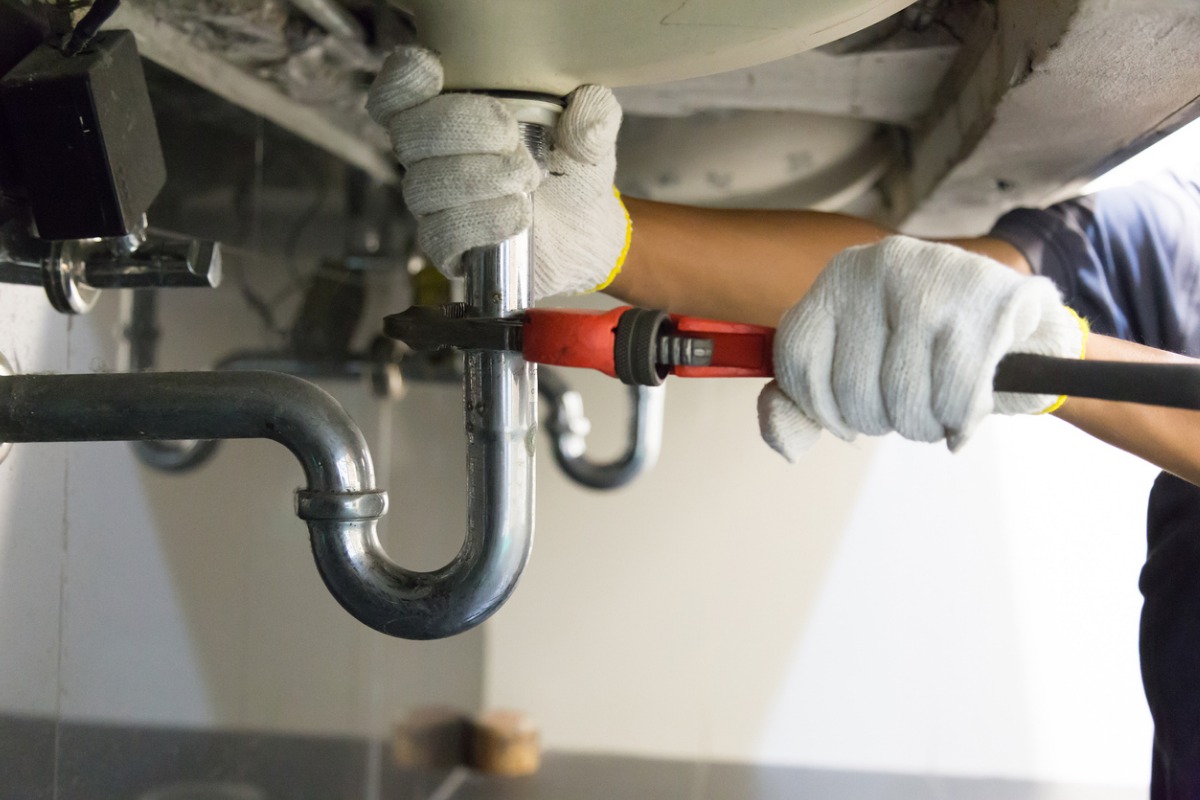
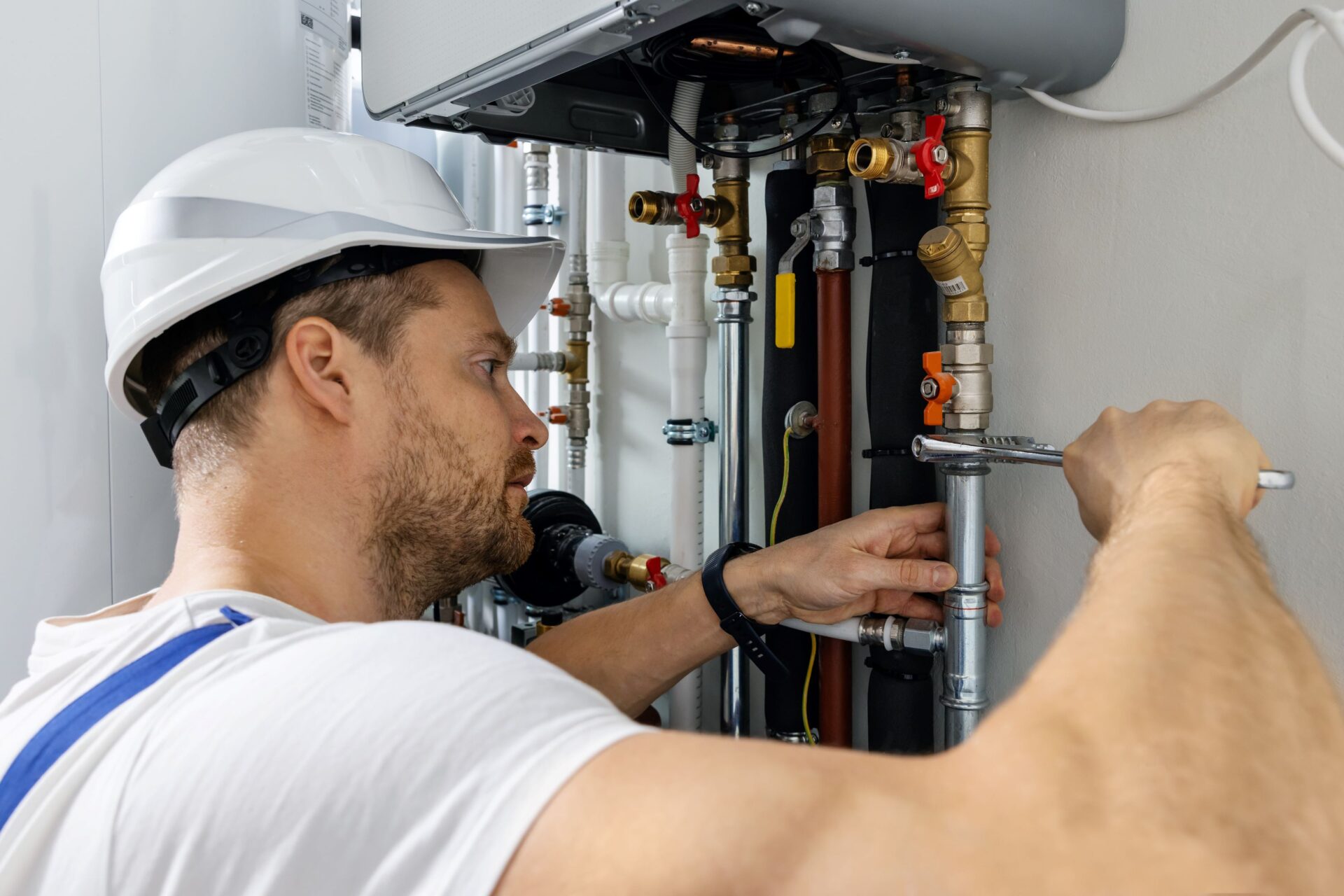

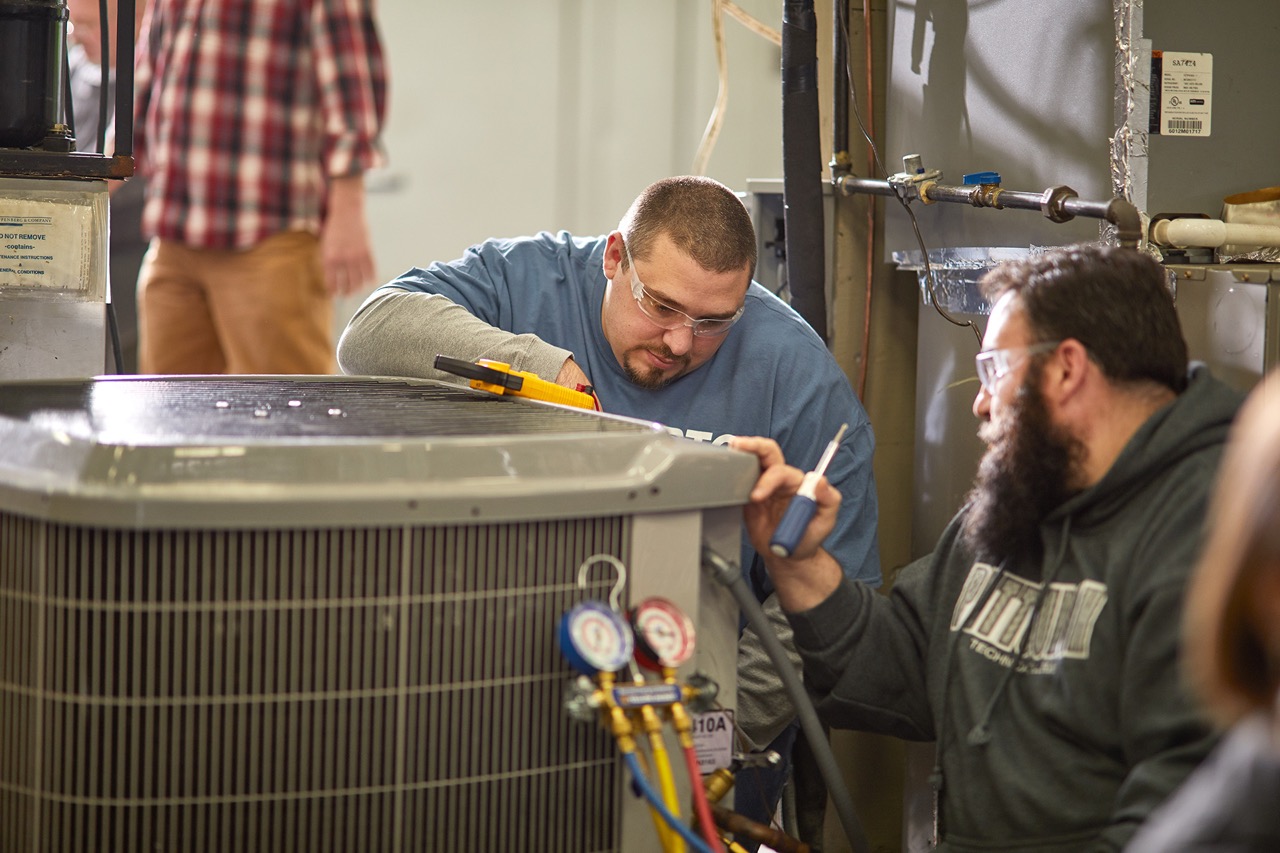
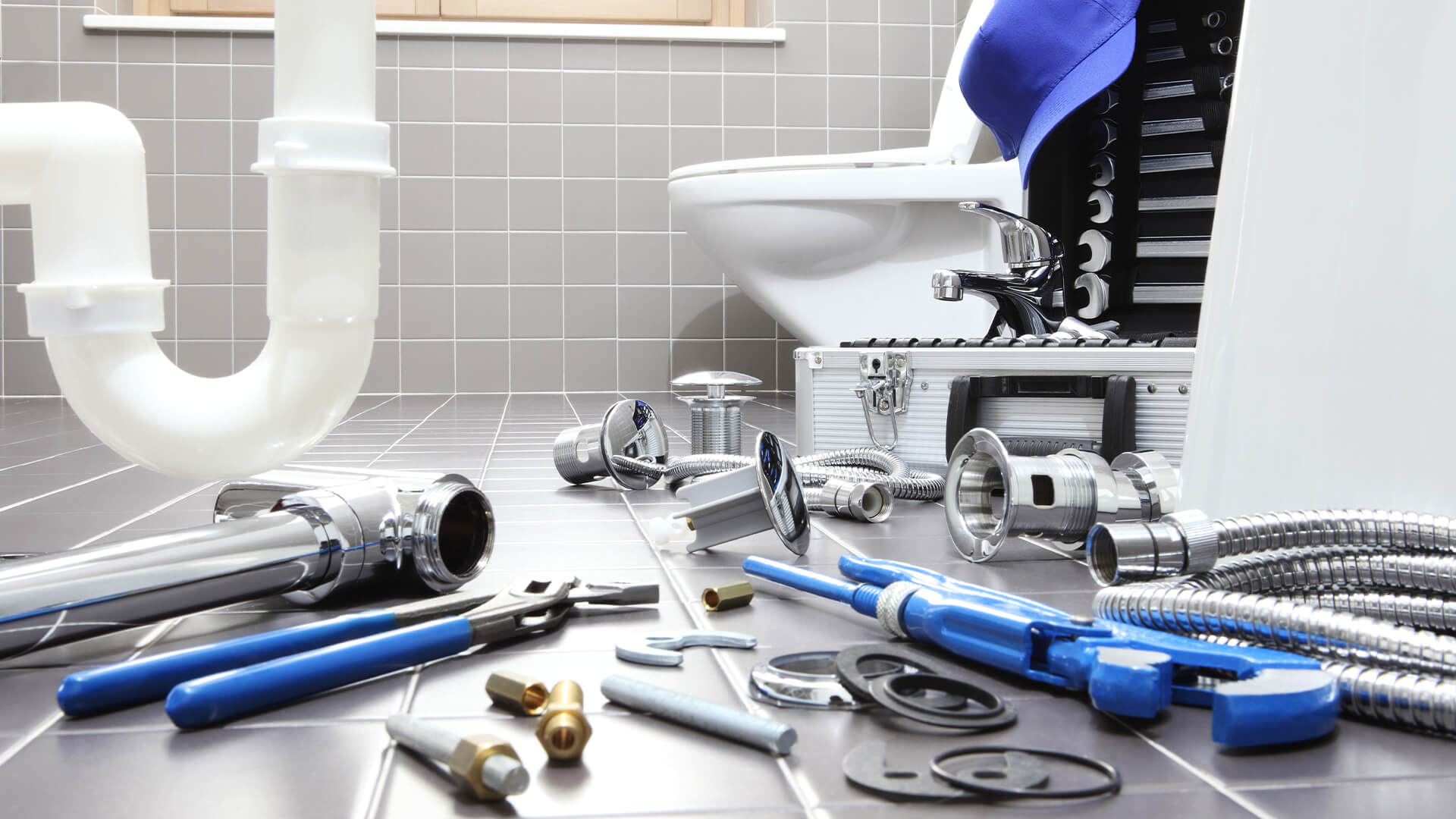
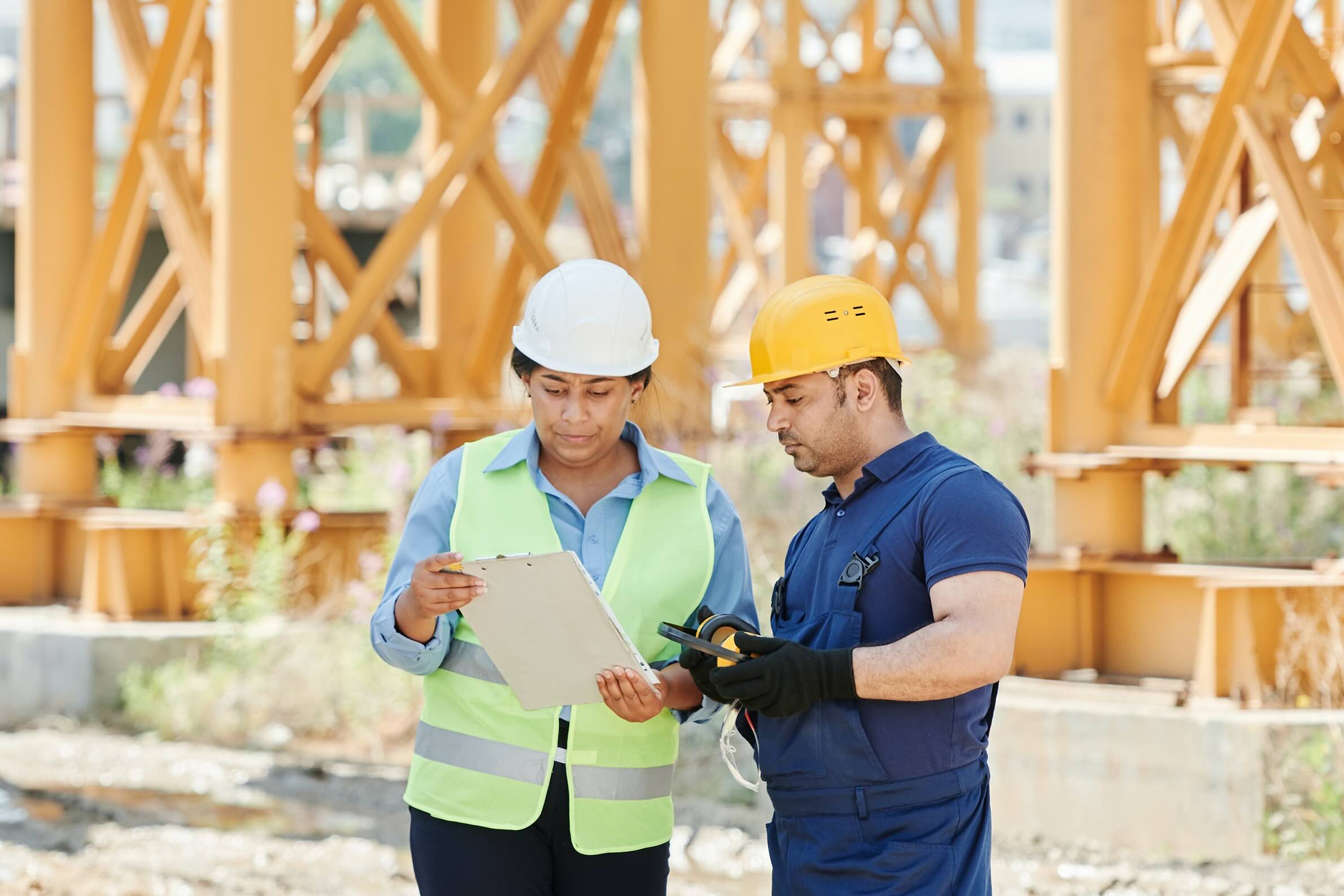
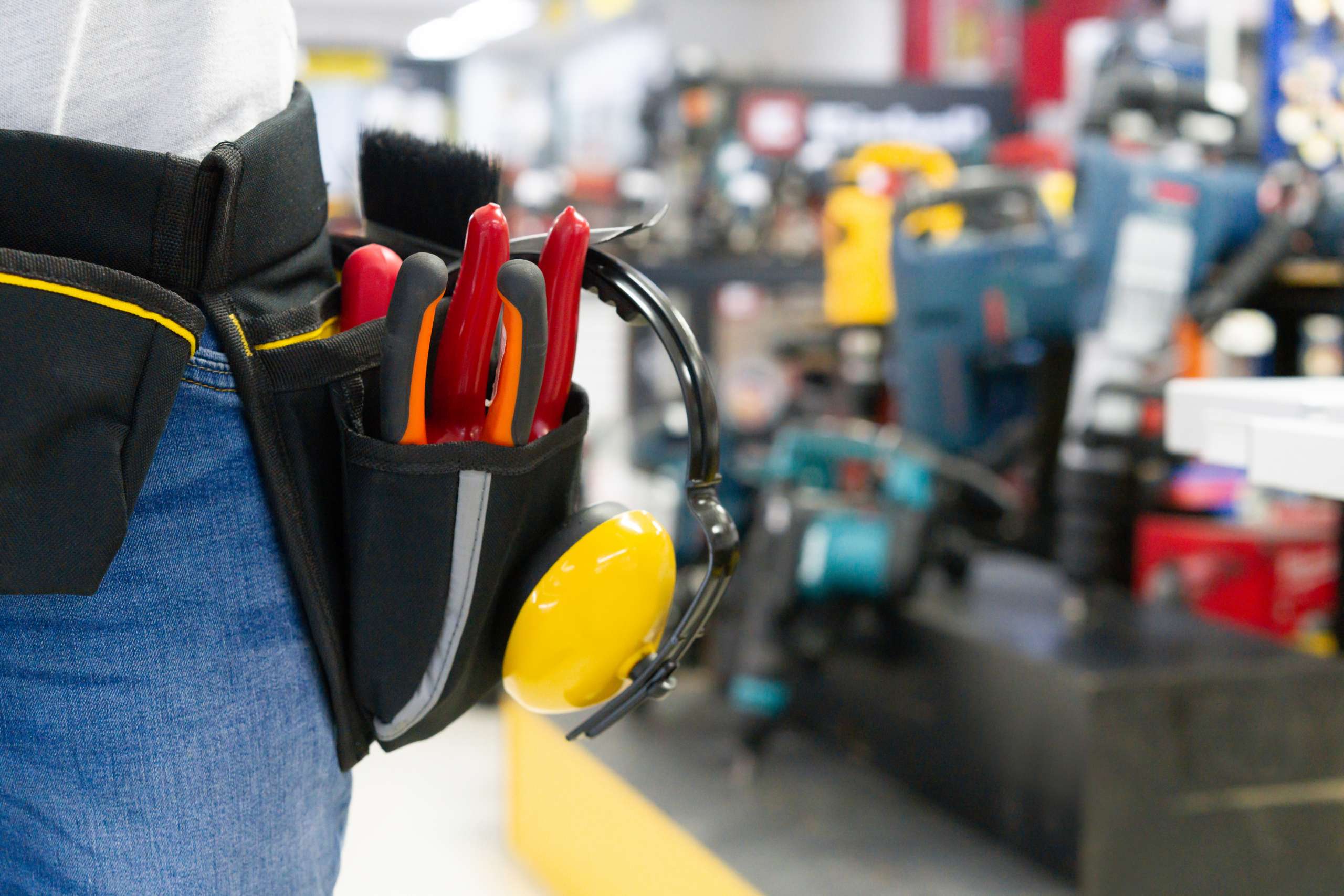
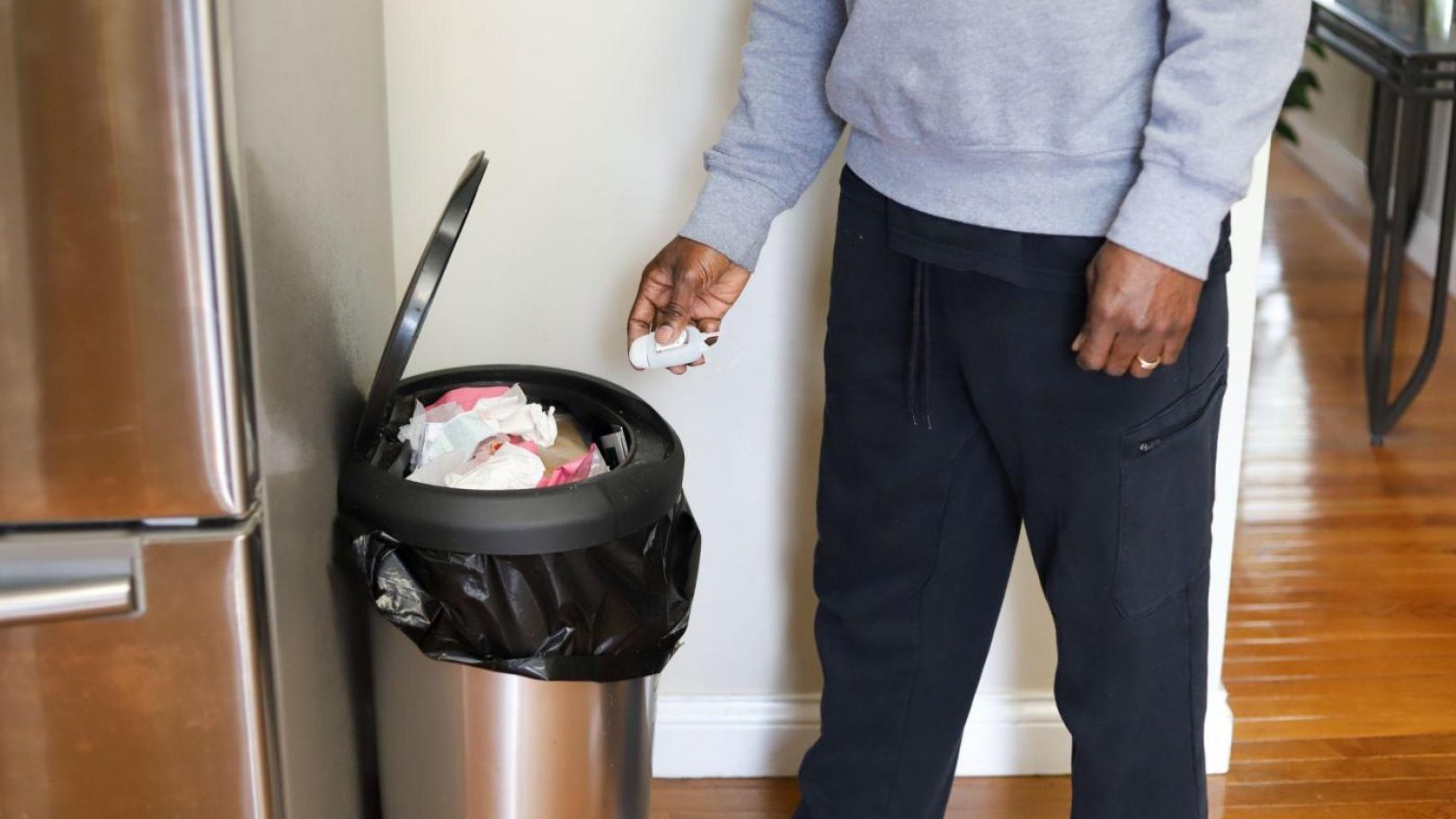


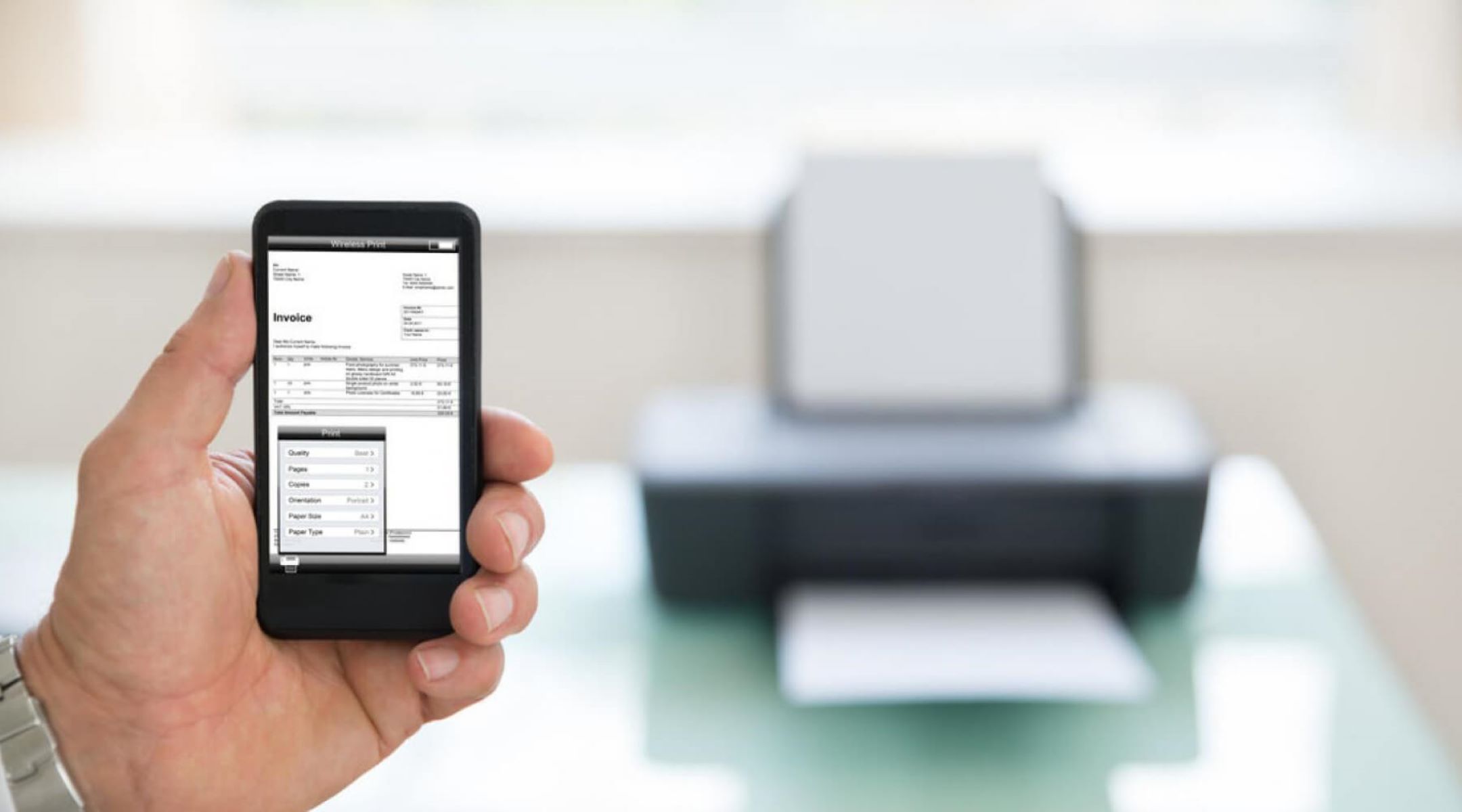




0 thoughts on “How Do I Get My Journeyman Plumbing License”